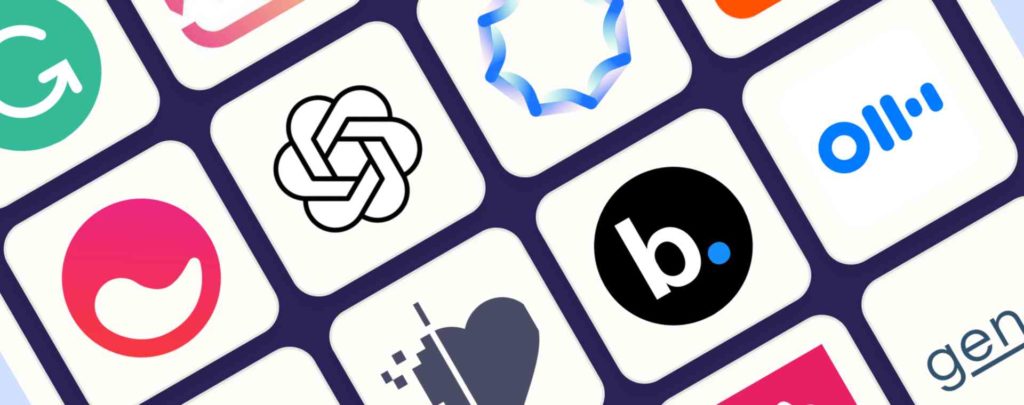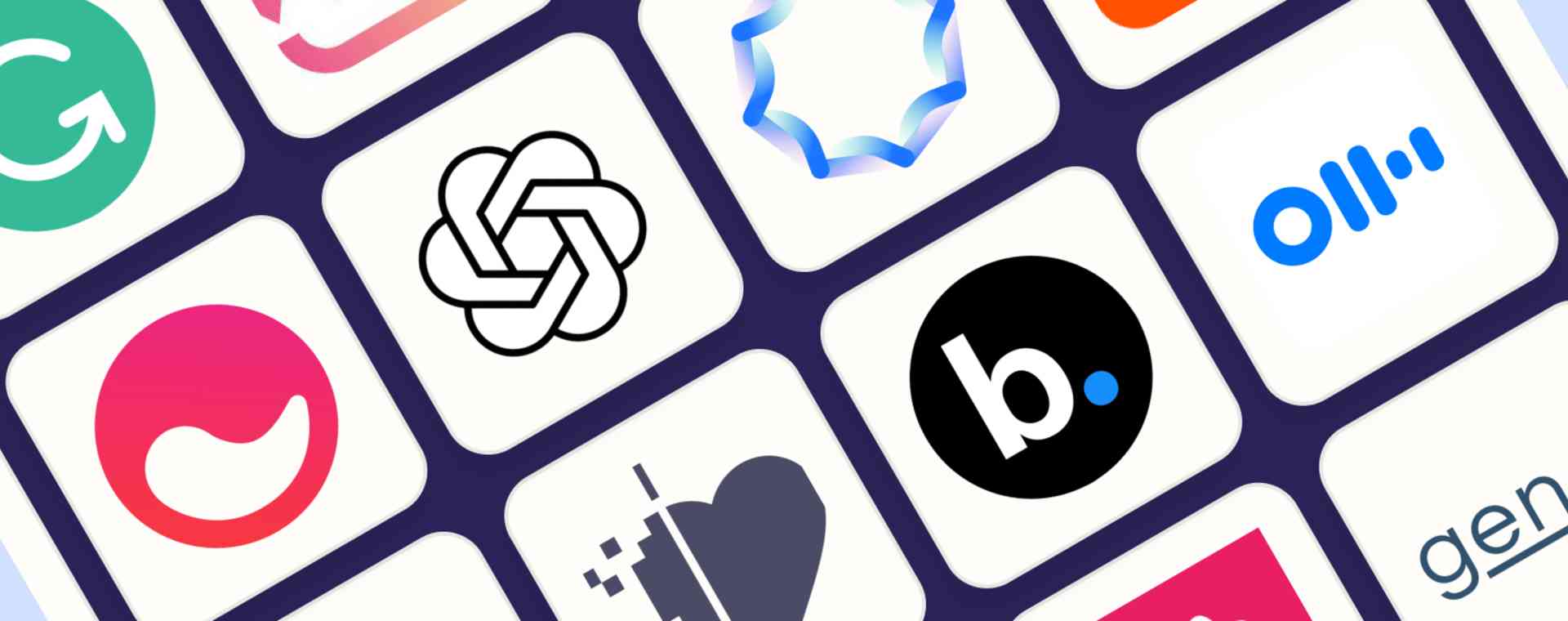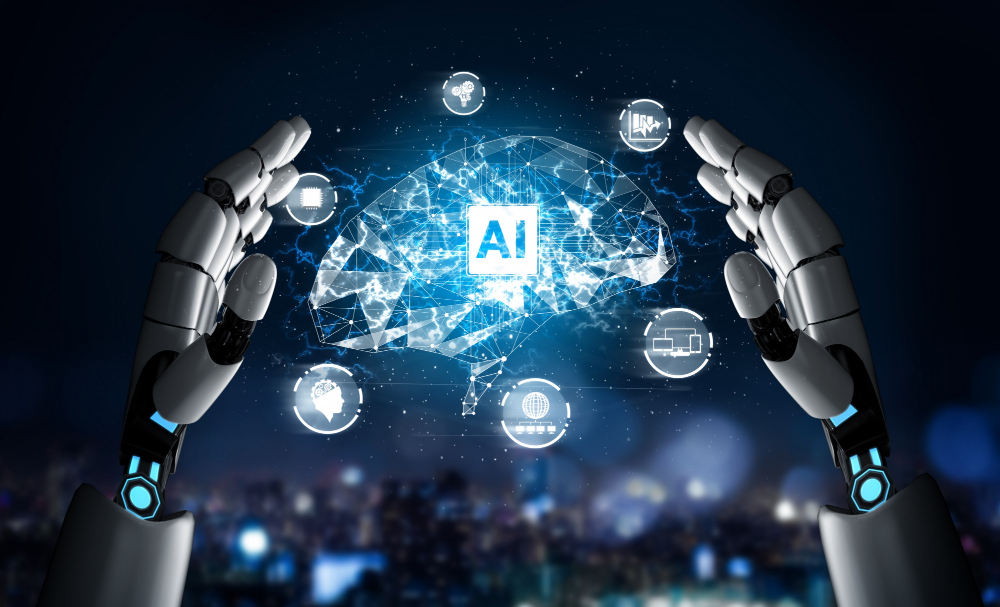Introduction
In today’s digital landscape, artificial intelligence (AI) has become a transformative force, revolutionizing various industries and empowering businesses to achieve greater efficiency and innovation. In this article, we will explore the top AI tools that can elevate your projects in 2023, providing you with a competitive edge and unlocking new possibilities.
Section 1: Understanding AI and Its Impact
What is Artificial Intelligence?
Demystify the concept of AI and its applications in diverse fields. Explain how AI enables machines to simulate human intelligence and perform tasks such as data analysis, natural language processing, and pattern recognition.
The Impact of AI on Industries
Discuss the profound impact of AI across industries, including healthcare, finance, manufacturing, and marketing. Highlight real-world examples of AI implementation and the resulting benefits.
Section 2: AI Tools for Data Analysis and Insights
Machine Learning Platforms
Introduce popular machine learning platforms that simplify model training and deployment. Discuss tools like TensorFlow, PyTorch, and Scikit-learn, and their capabilities in developing predictive models and extracting insights from data.
Natural Language Processing (NLP) Tools
Explore NLP tools that enable machines to understand and analyze human language. Discuss libraries like NLTK and spaCy, which offer functionalities such as sentiment analysis, text classification, and named entity recognition.
Data Visualization Tools
Highlight the importance of data visualization in conveying complex information effectively. Discuss tools like Tableau and Power BI, which provide interactive and visually appealing dashboards for data exploration and storytelling.
Section 3: AI Tools for Automation and Efficiency
Robotic Process Automation (RPA)
Introduce RPA tools that automate repetitive tasks and streamline workflows. Discuss platforms like UiPath and Automation Anywhere, which enable the creation of software robots to perform rule-based operations.
Chatbot Development Frameworks
Discuss frameworks like Dialogflow and Microsoft Bot Framework, which facilitate the development of intelligent chatbots. Highlight their natural language understanding capabilities and integration with messaging platforms.
Computer Vision Libraries
Explore computer vision libraries like OpenCV and TensorFlow Object Detection API. Discuss their use cases in image recognition, object detection, and facial analysis, empowering projects with visual perception capabilities.
Section 4: AI Tools for Personalization and Recommendation
Recommendation Engines
Discuss recommendation engine frameworks such as Apache Mahout and TensorFlow Recommenders. Explain how they leverage AI algorithms to deliver personalized recommendations, enhancing user experience and driving engagement.
Personalization Platforms
Introduce AI-powered personalization platforms that analyze user behavior and preferences to deliver tailored content and experiences. Discuss tools like Adobe Target and Optimizely, highlighting their A/B testing and optimization capabilities.
Virtual Assistants and Voice Recognition
Explore virtual assistant tools like Amazon Alexa and Google Assistant. Discuss their voice recognition capabilities, natural language understanding, and integration with smart devices, enabling hands-free interaction.
Conclusion
Embracing AI tools can revolutionize your projects in 2023, enhancing efficiency, productivity, and user experience. By leveraging machine learning, NLP, automation, and personalization tools, you can unlock the full potential of AI and stay ahead in a rapidly evolving digital landscape.
Frequently Asked Questions (FAQs)
- How can AI tools benefit my business or project?
- Are AI tools difficult to implement and integrate into existing systems?
- Which industries can benefit the most from AI tools?
- Are there open-source AI tools available for budget-conscious projects?
- How can AI tools ensure data security and privacy?
- Can AI tools replace human expertise and decision-making?
- What skills or knowledge are required to utilize AI tools effectively?
- Are there AI tools suitable for small businesses and startups?









